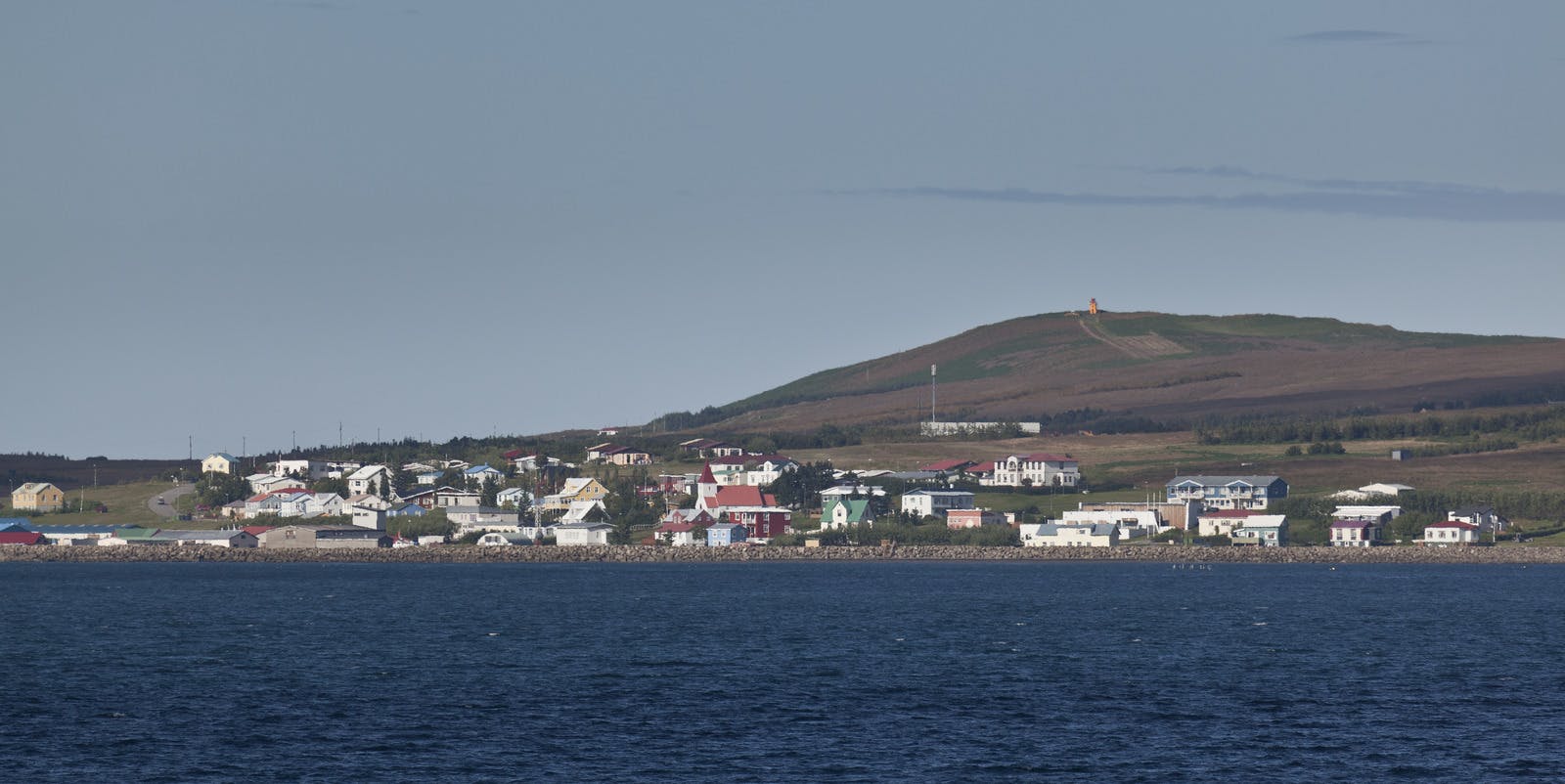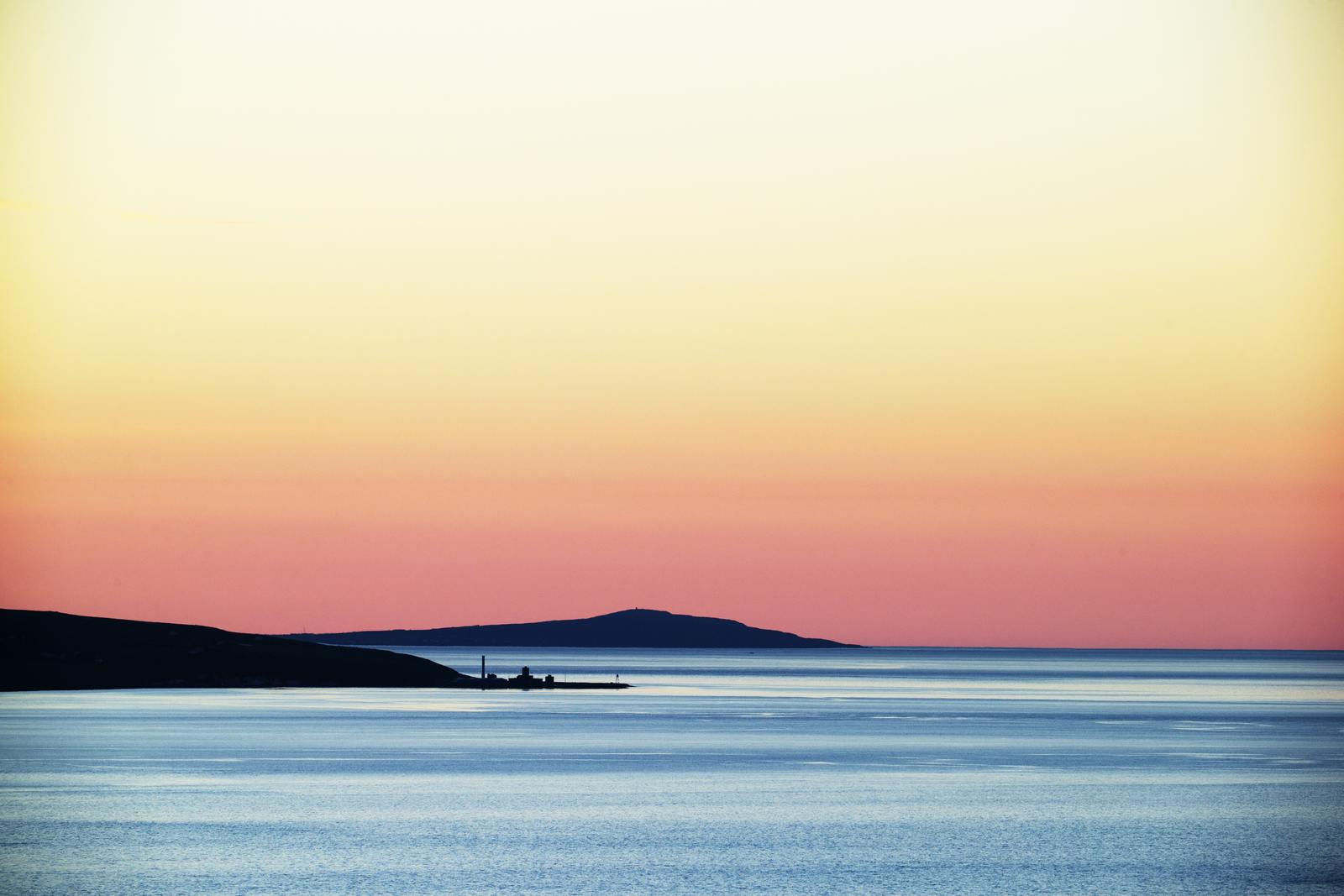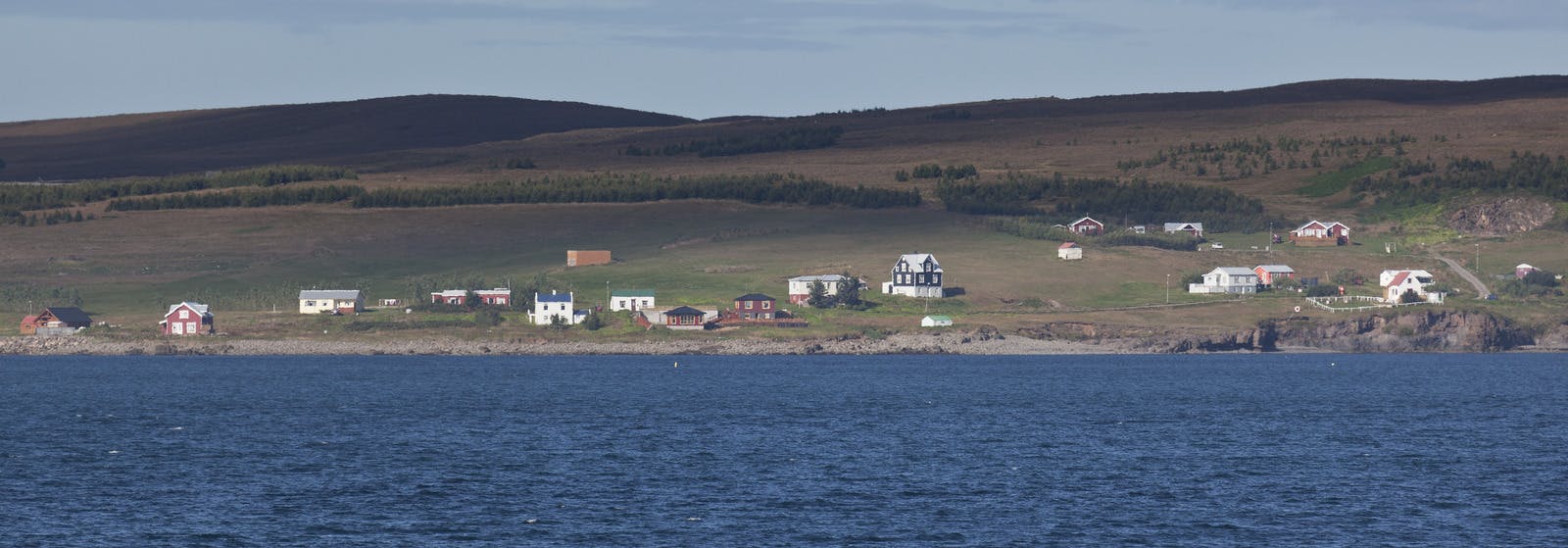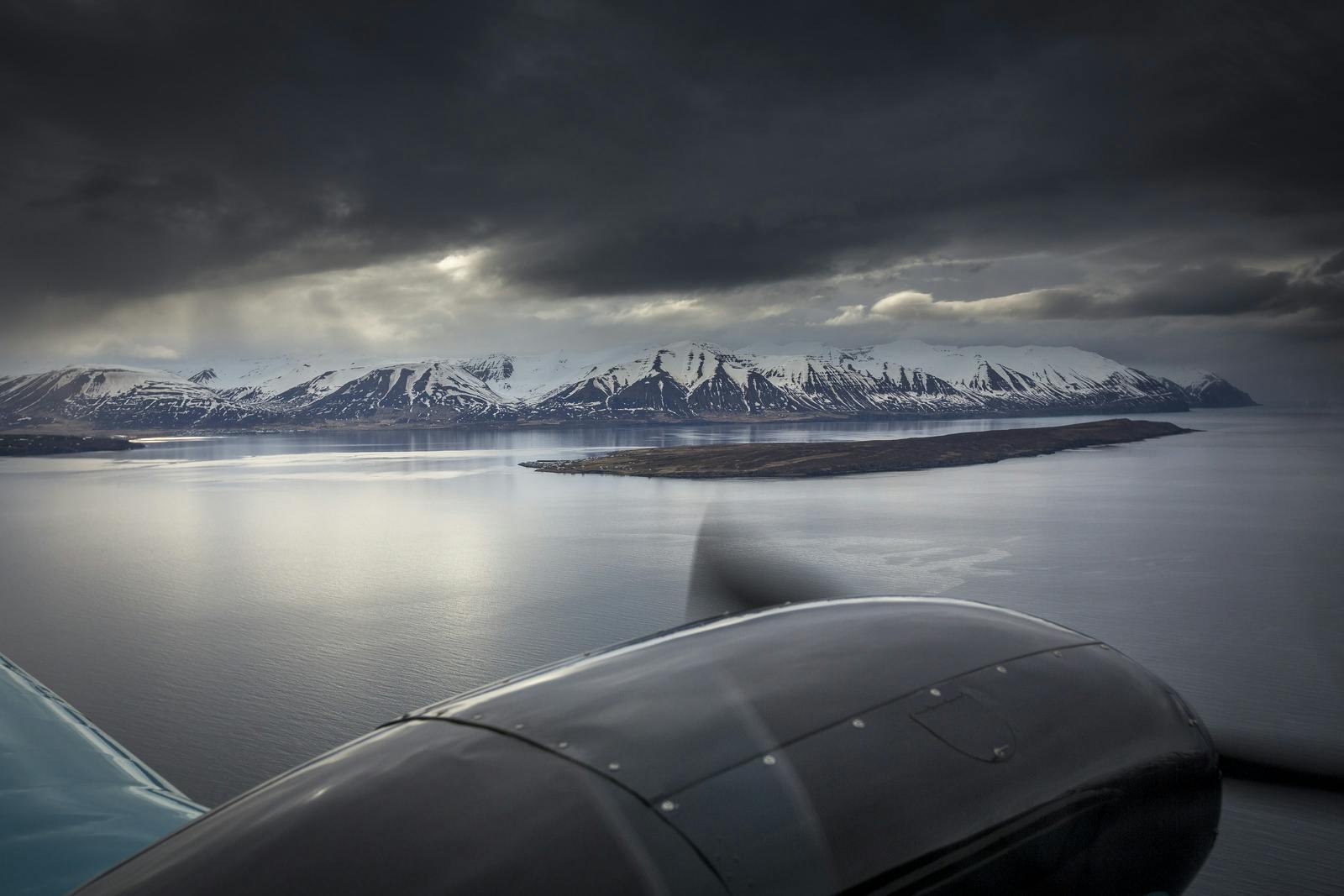
Your Guide to Hrísey Island
Exploring the Tranquil Charms of Hrísey
Nestled in the tranquil waters of Eyjafjörður, Iceland's longest fjord, lies the picturesque island of Hrísey. With its serene landscapes, rich cultural heritage, and abundant wildlife, Hrísey offers visitors a peaceful retreat from the hustle and bustle of modern life. Let's embark on a journey to uncover the tranquil charms of Hrísey and discover why it's considered one of Iceland's best-kept secrets.
Geographical Delights
Hrísey is the second-largest island in Eyjafjörður, measuring approximately 7.5 square kilometres in size. Despite its modest dimensions, the island boasts a diverse range of landscapes, from verdant meadows and rolling hills to rocky shores and sandy beaches. The island's highest point, known as Hábarð, offers panoramic views of the surrounding fjord and nearby mountains, providing visitors with a breathtaking vantage point to admire Hrísey's natural beauty.

Rich Cultural Heritage
Hrísey has a rich cultural heritage dating back centuries, with evidence of human habitation on the island since Viking times. The island's name is believed to be derived from the Old Norse word "hrís," meaning brushwood, a reference to the dense vegetation that once covered its hillsides.
Today, Hrísey is home to a small but vibrant community of approximately 150 residents, who are proud to preserve and celebrate the island's cultural traditions. Visitors can explore the island's charming village, stroll along its quaint streets, and visit historical landmarks such as the Hrísey Museum, which showcases artefacts and exhibits highlighting the island's history and heritage.

Abundant Wildlife
One of Hrísey's most notable attractions is its abundant wildlife, both on land and in the surrounding waters. The island's remote location and pristine environment make it an ideal habitat for a variety of bird species, including puffins, guillemots, and Arctic Terns. Birdwatchers will delight in the opportunity to observe these majestic creatures in their natural habitat, particularly during the breeding season when the cliffs come alive with activity.
In addition to birds, Hrísey is also known for its thriving population of seals, which can often be spotted lounging on rocky outcrops or playing in the shallows along the island's coastline. The surrounding waters teem with marine life, including whales, dolphins, and various species of fish, making Hrísey a paradise for wildlife enthusiasts and nature lovers alike.
Outdoor Adventures
Hrísey offers a wide range of outdoor activities for visitors to enjoy, whether exploring its scenic trails, fishing in its pristine waters, or simply soaking in the tranquillity of its natural surroundings. Hiking trails crisscross the island, leading visitors through forests of birch and willow, past tranquil lakes, and along rugged coastlines.
Fishing is a popular pastime in Hrísey. Visitors can join guided fishing excursions or rent equipment from local outfitters to try their luck in the fjord.
For those seeking relaxation, Hrísey's sandy beaches offer the perfect spot to unwind and soak up the sun, while picnicking areas and scenic viewpoints provide opportunities for leisurely meals and stunning vistas of the surrounding landscape.

Getting to Hrísey
Access to Hrísey is via a ferry service that operates from the town of Árskógssandur on the mainland. The ferry journey takes approximately 15 minutes, providing visitors with a scenic ride across Eyjafjörður to reach the island. Ferries run regularly throughout the day, making it easy for visitors to plan their trip to Hrísey and explore all that the island has to offer.
Hrísey FAQ
How Do You Get to Hrísey Island
To reach Hrísey Island, visitors can take a ferry from the town of Árskógssandur on the mainland. The ferry journey takes approximately 15 minutes, providing travellers with a scenic ride across Eyjafjörður to reach the island.
How Big Is Hrísey
Hrísey Island covers an area of approximately 7.5 square kilometres (2.9 square miles). Despite its relatively small size, the island boasts diverse landscapes, including meadows, forests, and rocky shores, as well as a charming village and various outdoor recreational opportunities.
How Long Is Eyjafjörður
Eyjafjörður is Iceland's longest fjord, stretching approximately 60 kilometres (37 miles) inland from the coast. With its dramatic scenery, towering mountains, and abundant wildlife, Eyjafjörður offers visitors plenty of opportunities for exploration and adventure.







